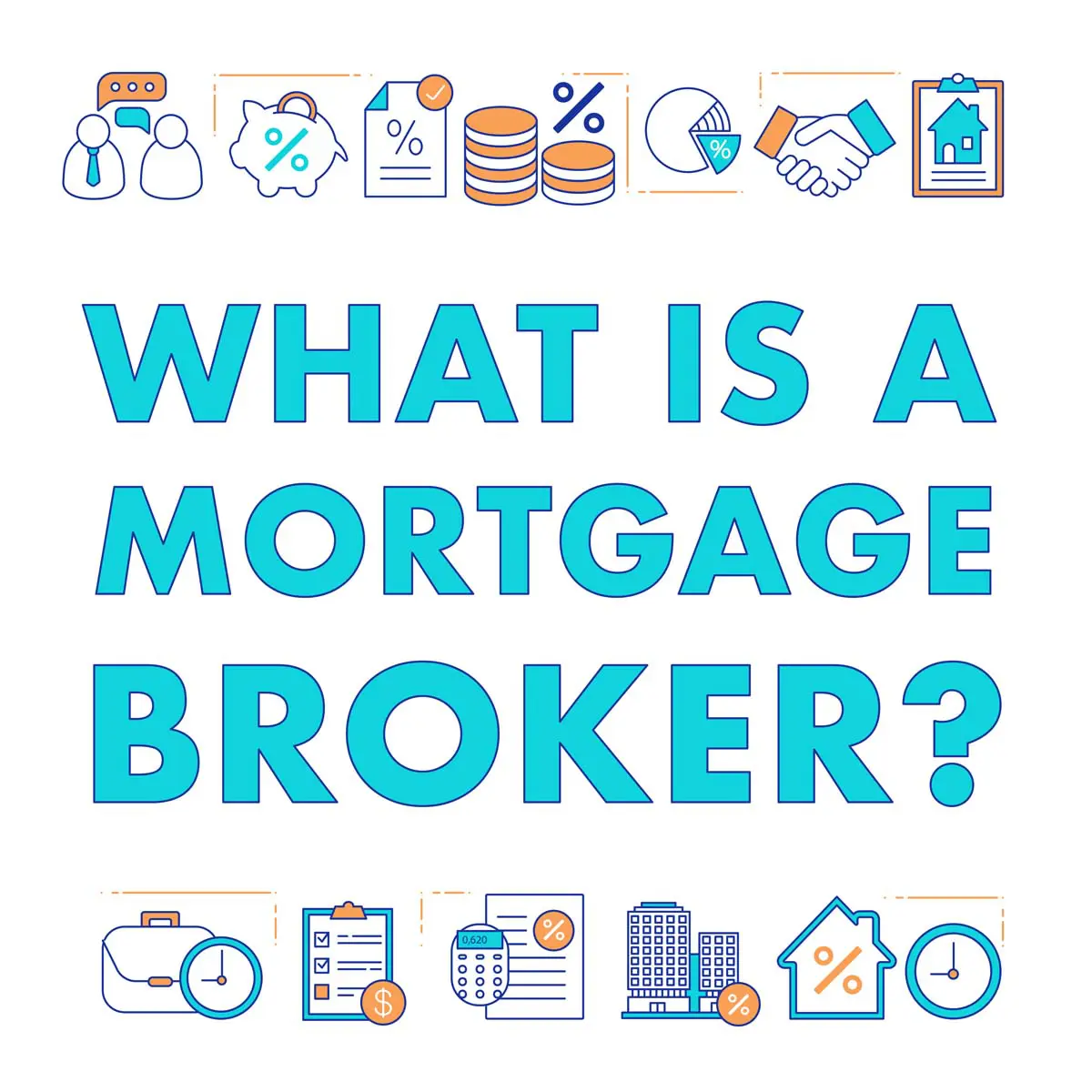Refinancing your mortgage can help you save money, lower monthly payments, or pay off your loan faster. But choosing between conventional refinance rates and FHA rates can feel confusing. Both options serve different needs, and the right choice depends on your credit score, income, and long-term financial goals. Let’s break down the differences so you can decide which option works best for you.
What Are Conventional Refinance Rates?
Conventional refinance rates are based on loans not backed by the government. Instead, private lenders set the terms, influenced by credit scores, loan-to-value ratios, and market trends. Borrowers with strong credit often benefit from lower interest rates and more flexible terms.
Because lenders carry more risk with conventional loans, they often expect higher credit scores and larger equity in the home. Still, for qualified homeowners, conventional refinancing can lead to significant savings.
What Are FHA Refinance Rates?
FHA refinance rates are tied to loans insured by the Federal Housing Administration. They are designed to help borrowers with lower credit scores or smaller down payments. FHA loans typically have competitive rates, but they require mortgage insurance premiums.
For homeowners who struggled to qualify for conventional options, FHA refinancing can provide a second chance at affordable homeownership. However, long-term costs may be higher due to required insurance.
Key Differences Between Conventional and FHA Refinance Rates
When comparing conventional refinance rates to FHA options, it’s important to consider both short-term and long-term impacts. Here are the main differences:
-
Credit Score Requirements: Conventional loans usually need higher scores, while FHA allows more flexibility.
-
Down Payment/Equity: Conventional loans may require more home equity, whereas FHA programs allow lower equity.
-
Mortgage Insurance: FHA requires both upfront and monthly mortgage insurance. Conventional loans may only need it if your equity is less than 20%.
-
Interest Rates: FHA rates may be competitive for those with lower credit, but strong credit borrowers usually find better savings withconventional mortgage refinance rates.
Who Benefits from Conventional Refinance Rates?
Homeowners with strong credit and stable income often benefit the most from conventional refinance rates. These borrowers enjoy:
-
Lower monthly payments.
-
No long-term mortgage insurance if equity is above 20%.
-
More flexible loan terms, including fixed and adjustable options.
-
Opportunities to pay off loans faster with shorter terms.
Meeting conventional loan refinance requirements such as having good credit and sufficient equity is key to unlocking these advantages.
Who Benefits from FHA Refinance Rates?
FHA refinancing is ideal for those who may not qualify for conventional options. This includes:
-
Borrowers with lower credit scores.
-
Homeowners with limited equity.
-
First-time buyers seeking manageable refinancing terms.
-
Families needing government-backed security for approval.
While mortgage insurance adds extra cost, FHA refinancing ensures more people can access homeownership benefits.
Pros and Cons at a Glance
Here’s a quick look to compare:
Conventional Refinance Rates Pros:
-
No long-term mortgage insurance with 20% equity.
-
Lower costs for strong credit borrowers.
-
Flexible loan options.
Conventional Refinance Rates Cons:
-
Higher credit and equity requirements.
-
Stricter approval process.
FHA Rates Pros:
-
Flexible credit requirements.
-
Lower equity needed.
-
Easier approval for many borrowers.
FHA Rates Cons:
-
Mandatory mortgage insurance.
-
Higher long-term costs for some borrowers.
Tips to Decide Which Loan Fits You
-
Check your credit score before applying.
-
Evaluate your current equity position.
-
Compare long-term costs, not just short-term savings.
-
Speak with a mortgage professional for tailored advice.
-
Consider future financial goals like selling or paying off the home early.
Unlock the Best Rates with Bouk Mortgage
At Bouk Mortgage, we help you navigate the differences between FHA and conventional refinancing. Our experts in Rhode Island guide you through eligibility, paperwork, and rate comparisons to secure the loan that truly benefits your financial future.
Name: Bouk Mortgage Rhode Island
Address: 21 Trafford Park Dr Coventry, RI 02816, USA
City: Coventry
State: RI (RHODE ISLAND)
ZIP CODE: 02816
Website: https://www.boukmortgage.com/
Established Date: 09-20-2021
Working Hours: 24/7
Email: support@boukmortgage.com
Phone: +1 (800) 573 2416
Conclusion
Both FHA and conventional refinance rates offer unique benefits, but the best option depends on your credit, equity, and goals. FHA loans are more forgiving and accessible, while conventional loans often provide better long-term savings for strong credit borrowers. By understanding your options and consulting experts, you can make the right refinancing choice for your future.
FAQs
Q1: Do FHA refinance rates always cost more than conventional?
Not always. FHA loans can offer competitive rates, especially for borrowers with lower credit, but added mortgage insurance may increase long-term costs.
Q2: Can I switch from FHA to conventional refinance rates later?
Yes, once you build equity and improve credit, refinancing into a conventional loan can eliminate mortgage insurance.
Q3: What documents do I need for refinancing?
You’ll need proof of income, credit reports, tax returns, and property details to meet lender requirements.



